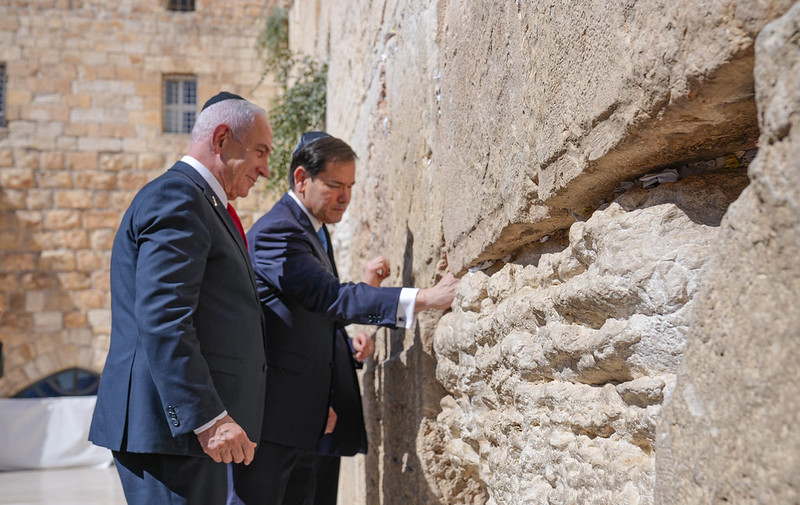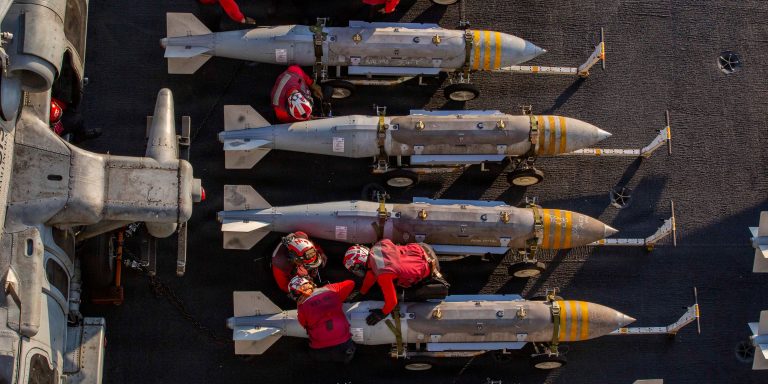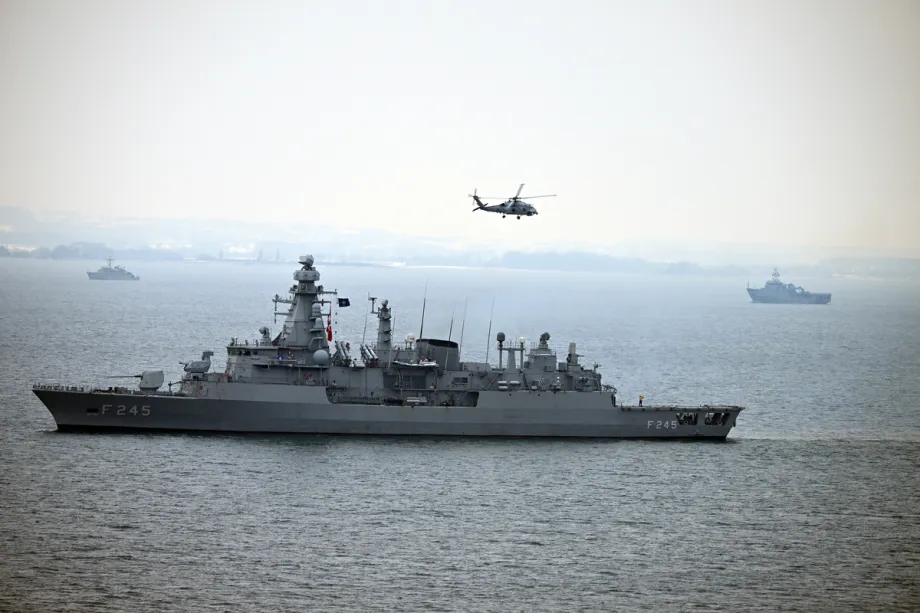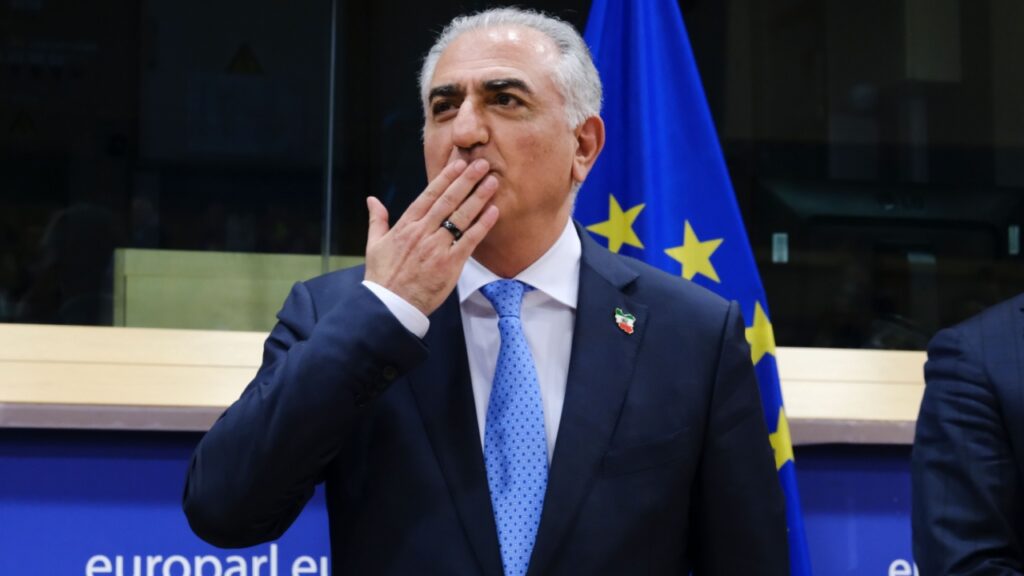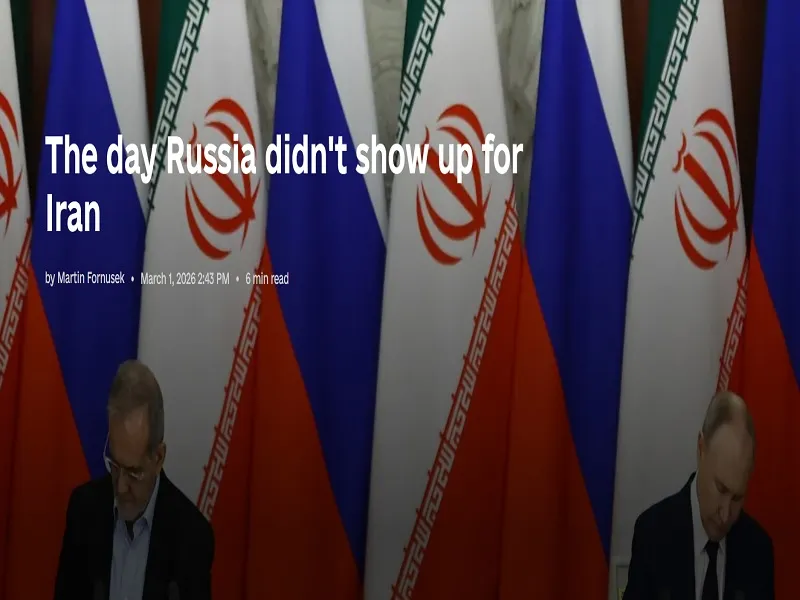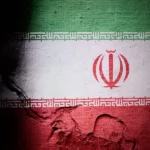
The Islamic Republic either survives the latest onslaught, Iran goes the Venezuelan route, or “Balkanization” begins.
The joint US-Israeli campaign against Iran officially aims to demilitarize the country and overthrow its government. The conflict has only just begun, but Ayatollah Ali Khamenei has already been killed along with several high-ranking military officials. These might be symbolic victories more than substantive ones, however, since succession plans were already made. In any case, there are three scenarios for how the war might end, none of which involve Iran indisputably defeating the US and Israel.
That’s because Israel and the US could destroy Iran if they truly want to, including with nukes, though they’re holding back for now with the expectation that a friendly government will replace the unfriendly one and restore Iran’s role as one of their top regional allies. The most that Iran is therefore expected to do is inflict major damage on Israel and maybe the Gulf Kingdoms and/or regional US forces before then being destroyed by Israel and/or the US. This assessment frames the following three scenarios:
- The Islamic Republic Survives The Latest Onslaught
In this scenario, Iran bruises Israel and maybe the Gulf Kingdoms and/or regional US forces without inflicting unacceptable damage to them that provokes Israel and/or the US into destroying it, thus enabling both sides to semi-credibly claim victory over their foes like they did last summer. A much more weakened Iran might then either subordinate itself to the US by cutting deals over its military, nuclear program, energy industry, and/or minerals, or be isolated from the region and contained within it.
- Iran Goes The Venezuelan Route
It was assessed in mid-January that “The US Wants To Replicate The Venezuelan Model In Iran” through a “regime tweaking” that places US-friendly members of the incumbent government in power for ruling the country and its resource industries by proxy (thereby denying the latter to China). A coup by unideological IRGC members is the most realistic means to this end. If Iran once again becomes a top US ally, however, then it might join Turkiye in challenging Russia in the South Caucasus and Central Asia.
- “Balkanization” Begins
The absolute worst-case scenario is that Iran begins to “Balkanize”, whether through (arguably foreign-armed and possibly also -trained) separatists in minority-majority areas of the country’s periphery seizing cities and/or its neighbors directly intervening to that end, especially Turkish-backed Azerbaijan. Pakistan might also get involved on the pretext of fighting terrorist-designated Baloch separatists and this possibility could contextualize why its Prime Minister just canceled his long-awaited trip to Russia.
As it stands, all three scenarios are equally plausible, but assessments can quickly shift depending on what happens, so nothing is set in stone other than the improbability of Iran indisputably defeating the US and Israel. About that, Iranian ballistic missiles might inflict tremendous damage on Israel while its anti-ship ones could hypothetically sink at least one of the US’ vessels in the region, but each possibility would probably prompt them to destroy Iran (and possibly consider nuking it in the most extreme case).
Accordingly, from Iran’s perspective, the best-case scenario is to turn what the US and Israel likely expected to be a relatively quick campaign into a protracted one, dialing up the damage with time but being careful not to cross their “red lines” to avoid being destroyed. This approach requires patience, which some of the population might not have, and the risk is that Iran’s missile capability is neutralized before it can be used at scale if need be. If implemented, however, Iran could semi-credibly claim victory.

